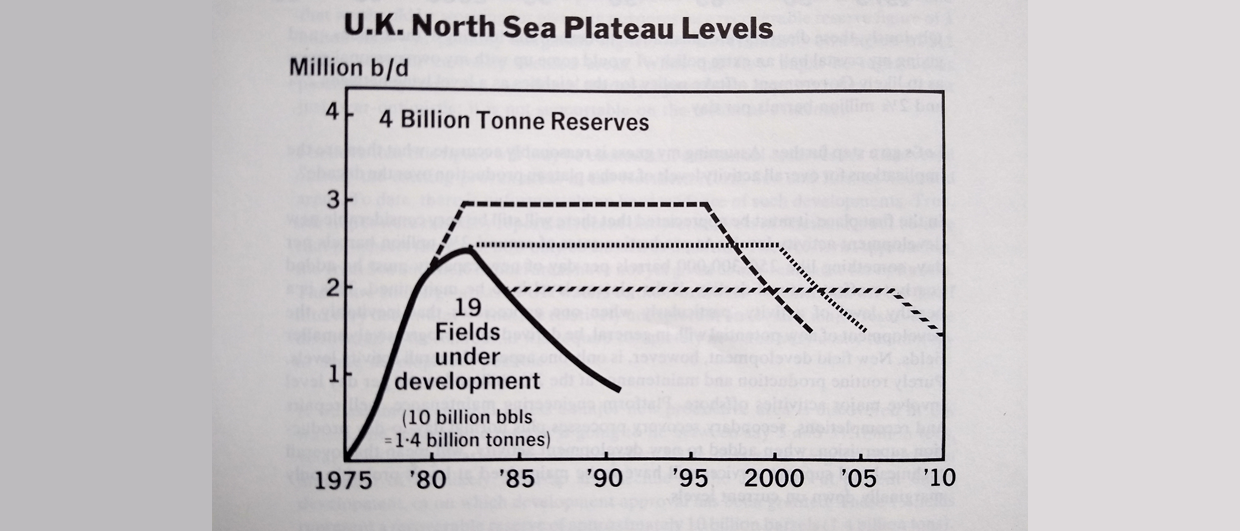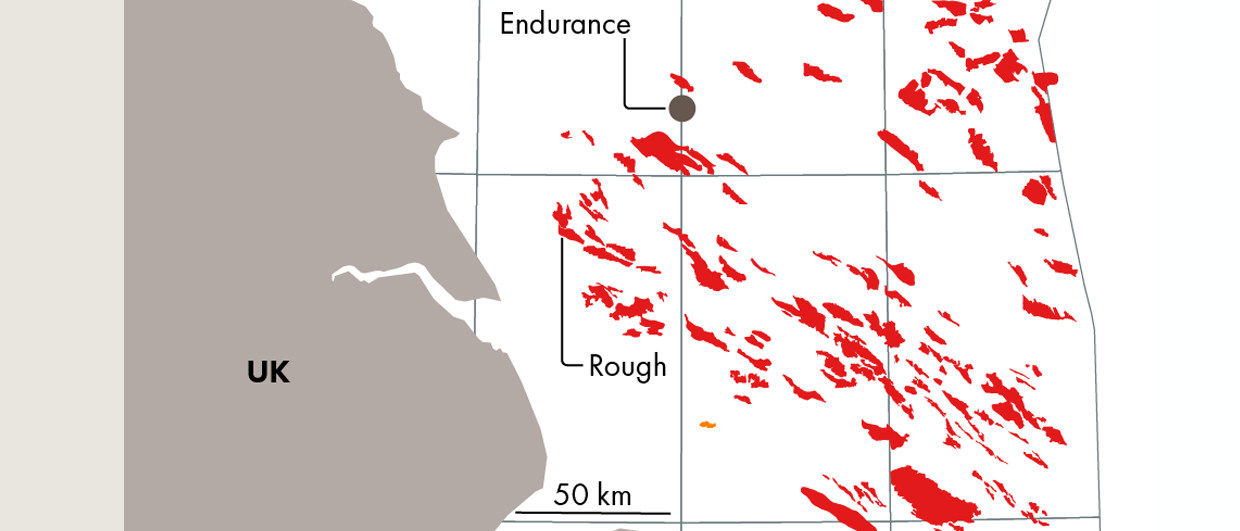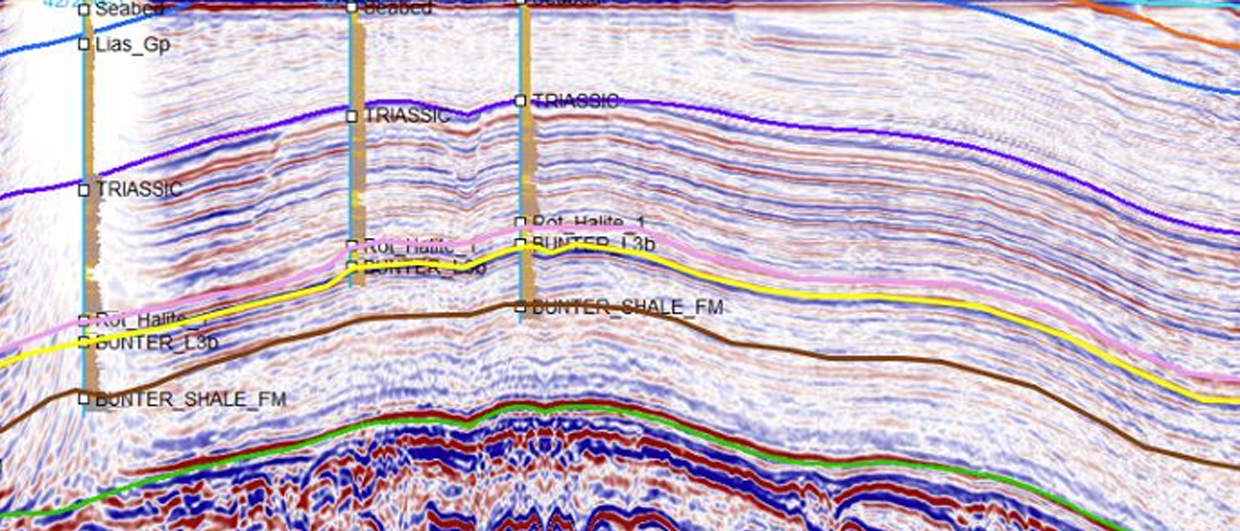“Everything we did would benefit the nation,” as Jake Molloy – Regional organiser, RMT Union – said in yesterday’s BBC Documentary Black Black Oil. He referred to the start of North Sea operations in the 1970’s, when the big fields were found and started to be developed.
It does not need saying that this perception has completely changed, as the oil industry today is very much looked at with a significant amount of public anger and scrutiny.
The documentary did very well get the message across that the fossil fuel industry needs to transition into an energy system that is completely fossil-free. There are probably not many people left who do not agree with that, including those who are still earning a living in the industry. The sense of urgency is probably felt by most.
Carbon Capture and Storage
Another good aspect of the documentary were the critical views on initiatives like Carbon Capture and Storage. Kevin Anderson – professor at Manchester University – shared his opinion that the CCS schemes and initiatives that are being launched basically serve as a front to show people things are being done, whilst volumes are too small to make any impact. This cannot be ignored; there is a flurry of schemes being launched these days, but despite decades of promises, studies and company commitments, no CO2 has yet been injected in a UK North Sea reservoir.
In order to lend more credibility to CCS as a way to mitigate against rising atmospheric CO2 concentrations, focus and resources should be put onto one scheme rather than allowing a whole array of licences, initiatives and company alliances to develop. What is needed is a project that works and has the potential to be upscaled quickly.
Exporting oil
Part of the narrative to justify UK oil field developments is that domestic oil production serves domestic oil consumption, preventing long-distance transport. However, as the documentary voice-over explains nearer the end of the hour-long episode, two-thirds of UK oil is actually exported to countries like China. This does undermine the transport argument. Deirdre Michie, CEO of Oil and Gas UK, did not contradict this fact, but stressed that UK production can however still be favoured over production in other places where there are fewer incentives to produce as cleanly as possible.
During the NCS Exploration Strategy Conference in Stavanger – 17-18 November – you can hear from 20 operators how their exploration programmes reflect the trend of smaller and more niche discoveries on the Norwegian Continental Shelf.
Perspective
There is an essential point the documentary failed to present. After watching, people who do not have a background in the industry will think that UK oil and gas production is thriving and will go on for decades as it was in the decades past us. The reality cannot be more different than that. Yes, Phil Kirk can claim that his company is the most active driller in the UKCS, but how many discoveries did Harbour make recently?
In contrast, Harbour is currently trying to develop one of the first discoveries in the UKCS, which is worth around 13 MMboe and has always been seen as too small or complicated to develop. 13 MMboe is around 10% of the current global daily oil consumption, so it would be gone in just a couple of hours. Knowing that similar-sized prospects are being drilled all across the North Sea nowadays, it adds perspective when one realises that the first major discoveries, many of which are still producing today, had multi-billion barrels of reserves. The below illustration puts this into a visual perspective.

Regardless of the climate debate, the UKCS is naturally approaching the end of its economic life. The OGA itself stated in its most recent UK Oil and Gas Reserves and Resources 2020 Report that with the current level of proven and probable reserves (4.4 billion boe), UK production only lasts until 2030 on the basis of demand projections.
Any discussion on whether to completely stop oil and gas production/exploration should be seen against this backdrop of nearing the “natural” end of the basin. It doesn’t mean it should be a licence to continue as normal, claiming that “we’re nearly done anyway”, but given that demand for oil is simply not going away overnight it is key to be aware of this fact when facing increased pressure to shut things off today.
HENK KOMBRINK





